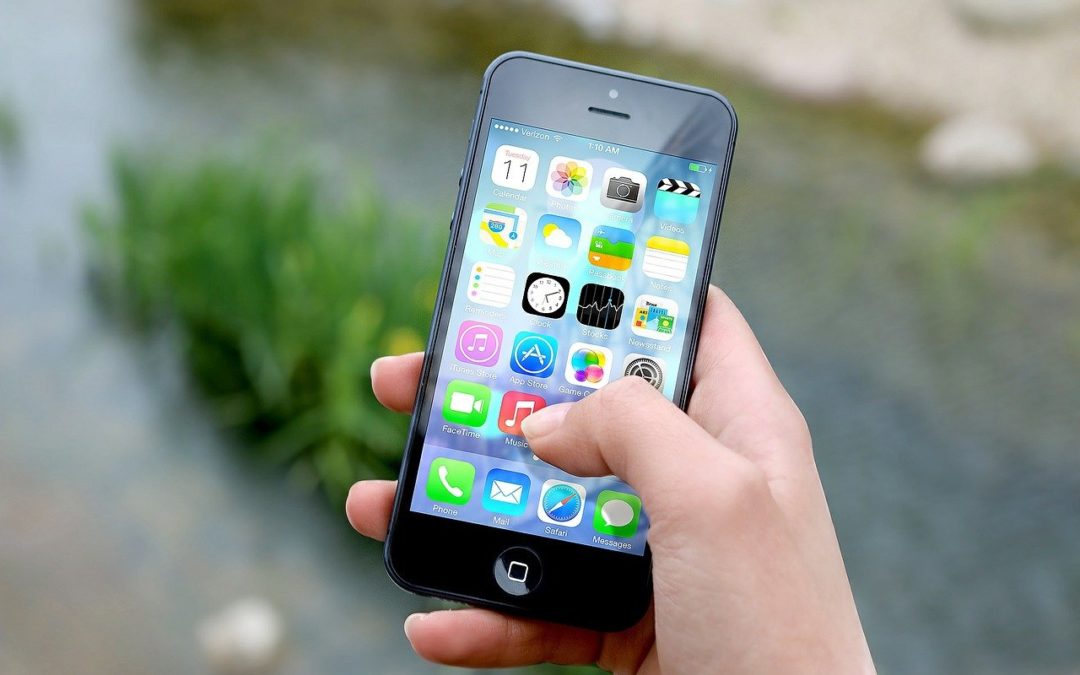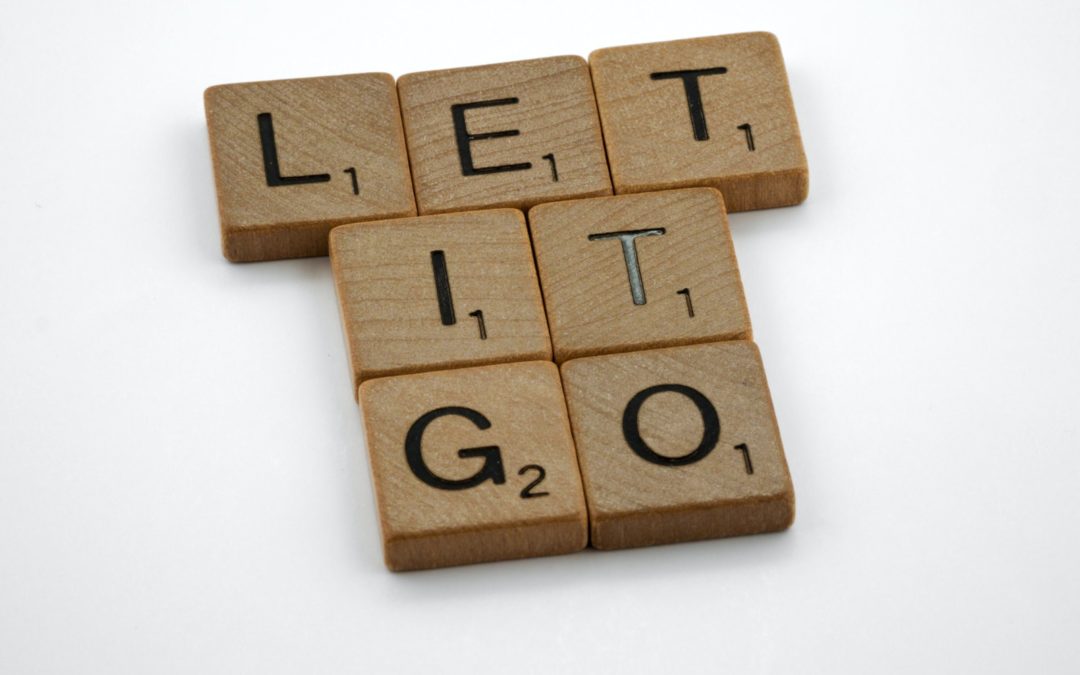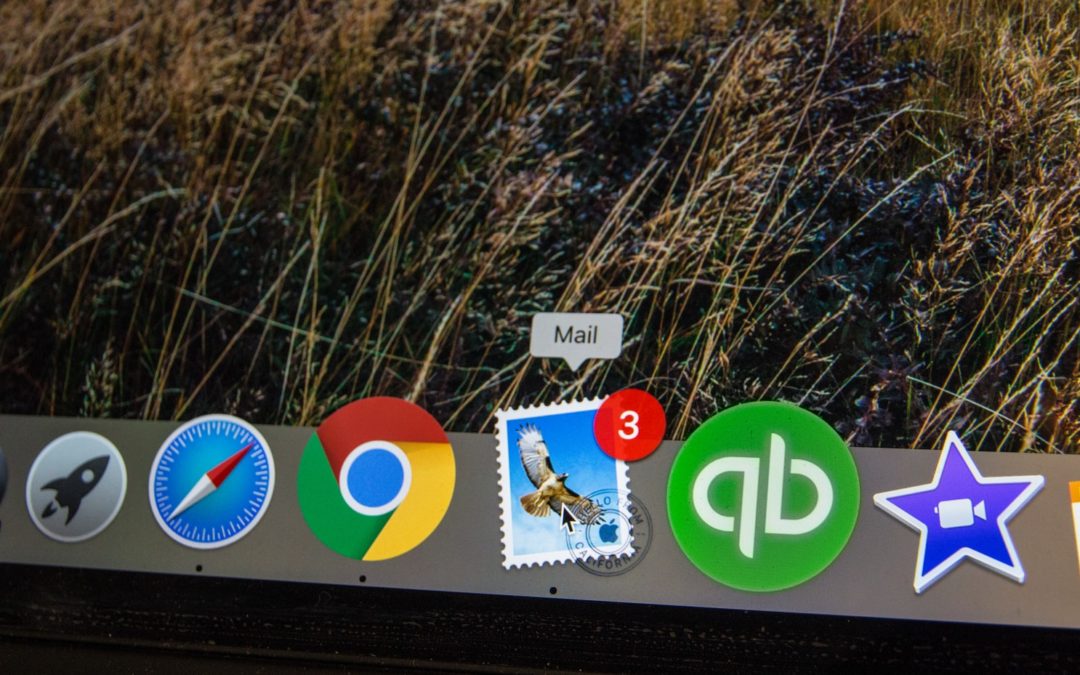
by admin | Mar 18, 2022 | Simple Self Help
We don't choose our parents, but we end up with them anyway! Some incredible miracle of science and biology caused you to be here. Get on with being here now that you are and enjoying the process of living the best life that is possible for you.
You can have some siblings or none at all. You may have aunts and uncles, nephews and nieces, and long lost cousins for all I know. See that there is a connection to these people and that through this weird and wonderful structure called family, you are connected to everyone else.
Your parents and anyone else who was involved in the process of raising you, performed an amazing job to bring you up in the world and contribute to the unique human being you are today. It is true that how you feel about them can either hold you back, give you strength or leave you with confusion, but they did raise you, probably when life was difficult and you were awkward or just downright hard work. Even if it is just an acknowledgement, you owe them something. Look out for them.
All too suddenly your connection with those you love and care for can take a turn in a new direction. It could be an incident, a conversation that goes the wrong way, a misunderstanding, or some confusion that triggers a reaction other than the one you have always intended.
They have done good for you and allowed you to be who you are today. Take the time to say thanks and to acknowledge and recognize what it took to make you the amazing human being that you are. They do deserve it.
We all appreciate an acknowledgement, a word of thanks, a small or a large gesture that we have done our best. For family this is just as true. Give the process some thought and then give them some of your attention.
Acknowledge the good relationships you do have. Consider how you might strengthen them, spend a little more time in them, invest in them emotionally for the benefit of all concerned.

by admin | Mar 17, 2022 | Declutter
It's one thing to take practical actions against continuing to store data that no longer serves you, it's quite a different matter to behave in ways that waste your time or pull you away from those things you consider important.
1. Cut you Social Media Addiction. It's time for you to impose a set limit on the amount of time you spend spend on social media, regardless of which platforms you are a regular or even heavy user of. Rather than go cold-turkey overnight, you are better to fix an amount of time and start with this. How many hours a day are you connected to your social platforms? Cut an hour from that tomorrow and work forward from there. Aim towards a morning catch up and an evening catch up, perhaps twenty minutes on each. You do not need any more than that. How different might your life be if you were to take the time 'spent' on Social Media and move it to activities that increase your personal health, well being and actual happiness? Social Media is not the same as a 'social life'.
2. Games. Addictive, fun and time suckers. Scrabble, Weekend, Game of Thrones, Medal of Honour, Chess, Candy Crush, etc. Do you have to play a game? What is it and why do you play it? Rather than living in escapism, can you let it go and instead use your time to work on your goals for the real world?
3. Twitter. Do you have 20,000 followers and post three times a day? Have you posted 3,000 times this year? Why? Other than a high when someone likes, follows or retweets, are you getting some real value from this activity? I dare you to ask your family and actual friends if they would prefer your time and attention.
4. Facebook. These 623 Friends are not your friends. When you need to cry over a bereavement they will not all be there. When you are lonely and scared about something talk to a real friend, grab a coffee with a real person and just 'talk'. If you are nervous about what people think, before you cull the numbers, start by clicking the 'Unfriend' button. They can still follow your activity, but you no longer get the updates about lives you are not really interested in. Could you consider the fact that a post once or twice a week is more genuine than four posts a day. Are there twenty people you want to spend time with this year? Pick up the phone and call them. If you really do care about a video showing a cat jumping away from a cucumber, or a beautiful family that you have never met showing off with the graduating daughter, or the poolside party life, ask yourself why these things merit your attention in a life that only has a set number of hours and minutes. Me, a cynic? No. I use Facebook and Instagram sparingly as a networking tool, but only for a daily average of 15 minutes twice a day.
5. YouTube. Great for millions of videos and a ton of music. It will allow you to throw away the majority of your music on CD and to dispose of your DVD collection, if you still have one. Also a great place for learning material, instructional video, motivational ideas, how-to content and inspiring speeches and educational TED talks.
Ok, that's my rant over and I hope you will please forgive me. I enjoy Pinterest to get inspiration for home decor, Instagram for selling vintage books and Facebook mainly for the messenger facility when I am at a desk and actually have wifi switched on. But I like to limit my non-email online time to no more than 30 minutes each day. There is so much more to do.
Remember that decluttering is not just about the physical items and belongings that take up space in your home environment. The massive digital distraction posed by social media is a massive potential drain of your time and focus away from what matters for you in leading a value driven life. If you want to see radical change in your daily life, just start to switch off your wifi access for several hours each day and watch how much quality time you find. Notice the effects of this on your sense of self and what is important to you in your own life. You are NOT your social media accounts!

by admin | Mar 6, 2022 | Simple Self Help
There is a time, a moment, a feeling in which you know that you need to release your hold and let go. Sometimes we are saying goodbye and letting go of a situation that is no longer bearable even though we still love the person.
It is just that we can no longer cope with our spirit being sapped and our radiance being extinguished by the other person and how they are around us or directly with us. At other times the letting go is forced upon us by a person who wants to leave us or by a life literally being taken from us.
Each of these scenarios is entirely different and there is no comparing the trauma of grief with the loss of a love who chooses to leave us. Neither should we look too closely here at the reasons that a loving relationship ends or is no longer so. There is no pain quite so bitter as a love that has been twisted and still lost.
The hurt of a love that has been taken for granted and cast aside is equally deep.
Whatever the level of sadness, grief, or discomfort, even anger, you need to get on with your own life and to do this you must release and let go. Without the space that is created by the ending of a relationship, there can be little true void to contemplate and consider.
I once read a beautiful story about love and the way that over time we link ourselves in so many ways to the other person we love. Each trip out with them, every kiss, each cuddle, every time we chat or laugh or cry together, we make a connection between their soul and ours. It is as if a very strong and completely invisible golden thread is tied to them and to us also.
Over the time of the relationship the threads and ties that bind us together are so many and so powerful that you literally cannot cut through them. This is not only because there are so many of these invisible cords, but also because each time you cut one of them you are also cutting a part of yourself, and cutting yourself is painful. At the end of a relationship the ties are still there, pulling on you even though the two of you are no longer together.
To dash headlong into a new relationship when the cords of an old one are still intact, does not work for the very obvious reason that you are still tied to your former love. So spend time in ceremonies where you get to first loosen and then to let go the cords and create a space for your own being to be free again, to relax your spirit.
The process of these healing ceremonies can be held wherever you want, though nature is always a great place for them. You should include a time where you are saying "Goodbye", sending them a message of "Safe Journey" and "Vaya con Dios". If you did not release them they would be forever in your presence, still exerting their influence on you.
Allow yourself the scope to step into a new space that is yours and within which you will be free to express who you are, acknowledge the relationship that was, to commence the process of healing and gather your own energies for the present moment.
See the process and the act of letting go as bringing closure to you, as a route to a different or even better point of your life here and now.
You can function well and be in a safe place even after the letting go and the release.
Let go and free yourself to regain who you are and to strengthen your spirit.

by admin | Mar 4, 2022 | Simple Self Help
Easier said than done perhaps. However, you know what it feels like to be taken advantage of or, at the other end of the emotional spectrum, to be loved unconditionally. There are very different outcomes from what could potentially be the same starting point.
Consider the relationships and friendships you have now and look at each one with a view to understanding whether you are giving as much to it as you are taking from it. Is there someone who would be grateful if you invested yourself and your energies into that situation. Would they be relieved if you took a greater share of the responsibility, or of the commitment, than you are at the moment? And would contributing more yourself give you a different feeling about your role?
Have you made assumptions about what it might be that is important for you, but perhaps not appreciated or understand what these important requirements might be for the other person? We don't need to be nosy, pushy or intrusive in order to discover what the other person requires or to learn what they might be going through privately and without our appreciation and understanding of the real picture of their life. We can learn about their concerns and worries, their fears or doubts, by creating a place where they feel safe to share, and by also simply asking them "What's the matter?" or "How can I help?" or "Can I do something for you?"
In the same way that you don't want to feel put upon, or taken for granted, consider the way that people will react and respond to such attention from yourself.
What can you do differently to ensure that your interactions with others are les than pushy and insensitive?
How might you engage with them in ways that are about the benefit, care and well-being of each of you rather than just yourself?
Express thanks to your friend, or to your colleague or work partner for the great things they do. Be clear with them that you appreciate truly what it is they bring to the relationship. Let them hear that you love the way they do something, or that their opinion and sharing of an idea or a suggestion really makes a difference and has value.
Do any and all of these things to show from your heart that you have an understanding of their gifts, and a gratitude for who they are and that you want them to know this.

by admin | Mar 3, 2022 | Declutter
In this 'always on' digital world we have access to it is easy to make the mistake of thinking that we have to respond to each thing as it happens. We even have to consider whether something needs a response at all and how to identify and cut out such digital junk. For such accountability you need to establish the personal approach you will take to use of your cell phone or other device, and look closely at the time you allocate and the rules you set yourself for what you consider to be productive and realistic.
For everything else that is physical here are some ideas for making the best use of your work environment and digital equipment, as well as the invisible space that your data occupies.
1. Organising your folders. Be cautious of any folder still called New Folder and check the contents before you rename it. If you can't find what you want it may be hiding in a folder that is incorrectly labelled. Have sub folders within a Group folder. Each time you name a folder it will then save alphabetically, so make sure you know your Group folders.
Have a Group folder for each role that you have in your life. For example, mine include : Partner, Family, Household, Author, and Landlord. Inside each of these you can have multiple separate folders i.e. Family might contain Budget, Diary, Vehicles, Holidays, School and Investments.
2. Old Documents. Open each folder and look at the documents. Do you need to keep each one? How many are no longer necessary? Is some of the information worth keeping. Delete where you can and free up storage space, but also the mental distractions from continually sorting. If in doubt create an Archive folder and move some documents in.
3. Email Inbox. Just as you go through your post each day, apply the same principle to your inbox. Delete what you know you will not open. Keep your Inbox to the minimum. Once read it should be moved out of the Inbox and to a Subject Folder that is indexed by category and easy to find. Have relevant Sub Themes to a Folder. Have specific times in a day - or even just one time - when you will look at email.
4. Photos. Keep the ones that you love, that really mean something and delete all the others. If some pictures might mean something good for someone else, check if they want them and email them across, cleaning them from your storage afterwards.
5. Old Apps and Software. Whether on your phone or desktop make sure to remove the programmes you don't use, don't want or which you cannot remember installing. You can delete a link but must also check to uninstall the actual software you don't want. This will continue to release space on your hard drive.
6. Icons. On your home screen or desktop the images that sit there take up screen space and distract you from a clean environment. Tidy them up and remove them where you can.
7. Films and Music. These are huge data users and so much is now available on listening platforms either free when in a wifi zone or by subscription if you think it work spending the money to carry the music with you wherever you go. You can also use YouTube and various platforms for revisiting the tracks and films you want.
8. USB sticks. Check your desk drawers and bag pockets for these. These are powerful and small, often carrying so much more data than you can remember by name. They are easy to lose, precisely because of their size. Open each one you have and check the files and documents stored. Do you need them and if you do, have you already got them on your main laptop or desktop machine? Could the same information or files be stored in the cloud? Keep you empty USBs in a place where you might also keep fresh stationery and pens in your desk.
9. Email Newsletters. Remove yourself from all the lists where you are no longer interested or where the content is no longer relevant for you. Find the unsubscribe link.
10. Email accounts. There are a few schools of thought on this one. The minimalist will go for a maximum of two accounts as being enough, one for work and the other for personal or social. I am happy with one for my private life and several others for each my different working or business roles. Find what you consider is simple and obvious to your circumstances.
11. Contacts Information. Sit down to review your Contacts file. Delete the names you no longer need, are not meeting any more or where you consider there is no longer a value. If you are an inveterate networker and think that everyone might at some point, you will of course struggle with this exercise. Be brave and delete. Or contact them and save or delete based on their response to your offer.
12. Password Info. Some swear by a single password for everything. Others like to find a common theme and work with a slight adjustment to their core password structure but with a tag or reference that might be linked to the name of the website they login to or visit. If you have accounts where you cannot remember the log in detail, face the fact that you perhaps don't make much use of the site and delete the entire account or create a generic password you can remember through a memory jog word or question.
13. Bookmarks. A useful facility, but easy to end up with pages on here that you no longer visit. Delete the old stuff and make the bookmark relevant.
14. Desktop Background or Wallpaper. You see this every day so make it work for you. Get rid of icons you don't want and no longer use. Streamline this page so it shows you only what you want.
15. Physical digital devices. The longer you have been online the more old pieces of kit will be filling your desk drawers and cupboard space. Pull it all out and know that most of it has been made simpler, made cheaper or made to work faster than the old items you can now throw away.
16. Disc storage. This is simple enough to do on your PC or laptop. Go to Accessories from your Start point. Then System, Tools and Disc Clean-Up.
17. Internet Browser. If you are getting easily distracted by news items or sports stories when you log on, then choose a simpler version of the browser. Remove yourself from all the tabbed interests available.
18. Downloads. You may have hundreds of these cluttering your data space. Click on Downloads, look at what you have. For the items that are worth keeping move them to a relevant folder to find them again. Bin everything else.




